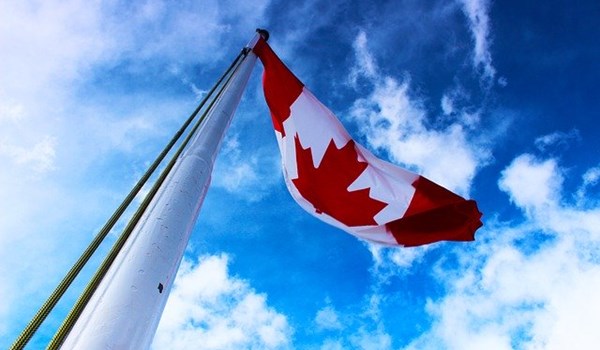Jurisdictions
Regions
Industry Sectors
23/03/22
CANADA: Federal government promises public registry to reveal who’s really behind companies.

As published on thestar.com, Wednesday 23 March, 2022.
Sanctioned Russian oligarchs, wealthy tax dodgers and corrupt businesspeople will soon have to take their hidden assets elsewhere, as the federal government promised to reveal the real owners of companies in Canada in a public registry to be up and running by the end of next year.
The promise to speed up the creation of this transparency tool by several years was part of the Liberal-NDP deal struck Tuesday that will keep Prime Minister Justin Trudeau in power until 2025.
“This has been an NDP priority for a long time, but it’s particularly important in the current context in the sense of being able to put more pressure on (Russian President) Vladimir Putin and his cronies. A public beneficial ownership registry will really help us understand just how much wealth they hold in Canada and where they hold it,” said NDP finance critic Daniel Blaikie.
Ever since 2016’s Panama Papers revealed the extent of the abuse of anonymous shell companies, beneficial ownership registries have become the gold standard tool for rooting out foul play veiled by the appearance of corporate legitimacy. The U.K. and EU have established public registries to allow anyone to search for the beneficial owners of a company registered there.
Currently in Ontario, only the names of registered officers of a company are publicly available, and there is no obligation that these people have any ownership interest or control. In some cases, they are people paid to sign paperwork.
Canada has been an international laggard, largely because most companies are registered in the 13 provinces and territories, each with its own set of rules and varying levels of public information disclosure. Even some of the offshore tax havens in the Caribbean and elsewhere, which have acted as secret repositories of wealth for decades, have been forced to establish beneficial ownership registries and currently have more transparency than Canada does.
During last year’s election campaign, Trudeau committed to establishing a beneficial ownership registry but said it wouldn’t be ready until 2025.
“That date seemed kinda far off,” said James Cohen, executive director of Transparency International Canada. “But the invasion of Ukraine and the importance that global illicit financial flows played in that, has focused the western world’s mind on this issue,” he said.
Tuesday’s announcement accelerated that timeline by two years, reflecting an urgency to root out misuse of Canadian corporations. The U.K. has also fast-tracked legislation that had been languishing and that aims to improve corporate transparency.
Details on how the Canadian registry will work and what information it will contain have yet to be announced. The Finance Ministry did not answer questions before deadline.
Transparency International Canada wants the registry to be online and free to use, with downloadable data and verification of information to ensure its reliability.
“The problem is doing it well,” said Vanessa Iafolla, a professor at Saint Mary’s University who studies financial crime. The U.K.’s new legislation seeks to repair many of the problems that have emerged in its own beneficial ownership registry, established in 2016, including duplicate and misspelled names, typos and even obvious fake owners, like Mickey Mouse.
“Canada should be able to take lessons from other jurisdictions as an example of what it can accomplish,” said Iafolla.
A publicly accessible registry, as opposed to the private registry in the U.S. accessible only to law enforcement and banks, is important because it allows business people to know who they’re doing business with, said Iafolla, though she is concerned that it will put more onus on the individual to prevent fraud.
“I worry that this is just going to be another reason to say to victims: ‘Why didn’t you check more thoroughly before doing business with this person?’”
She added: “If were going to put this into use, I think we need to make sure that the people responsible for investigating actually use it to serve the aims of justice.”
Iafolla pointed to FINTRAC, Canada’s anti-money laundering agency, which receives millions of suspicious transaction reports yet has only a handful of prosecutions over the last five years.
“If you have a system that produces intelligence, then why isn’t that intelligence producing prosecutions and convictions?”



